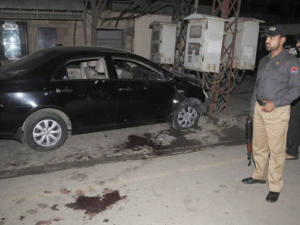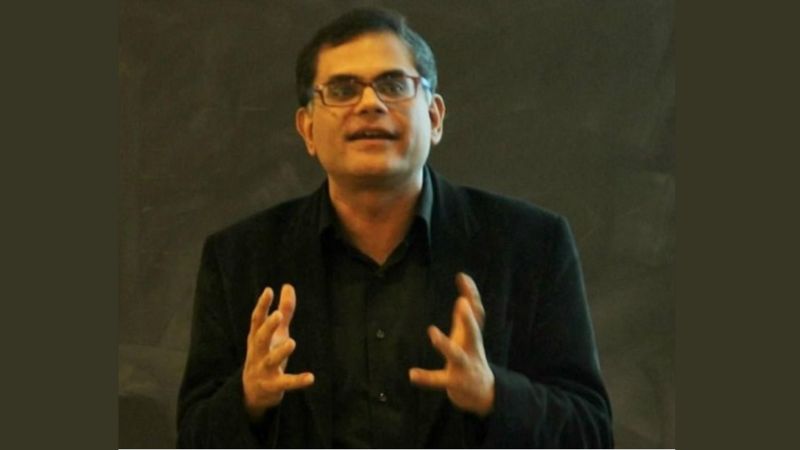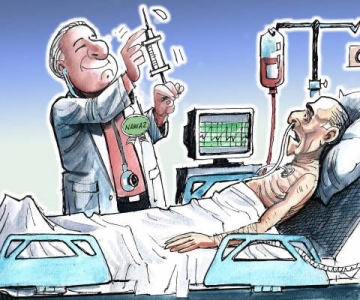“In 2017, I visited Boston and My Muslim Friends interviewed me”
I had been writing for nearly 10 years for the Friday Times and had been pretty vocal against extremism and state polices but in 2012 I made the switch to electronic media and became a late night TV presenter. Before I had been writing in English and had a small readership but after that transition I was being seen and heard by millions… and that brought me to the bad books of the Taliban, sectarian militias, and I suspect some state institutions as well; in Pakistan a lot of extremist groups operate with either the direct or indirect consent and support of the state. I soon started getting a lot of threats on social media; I was told my name was on a hit list of the Pakistani Taliban. In March of 2014 I left the TV studio to go home when my car was fired at. My driver died on the spot and my guard was seriously injured but luckily I escaped unharmed. The moment I heard the sound of the first bullet I ducked and lay on the floor until it was all over.

The police told me to stay at home for two months but how could I do that? That’s not fair; instead of saying, “We’ll protect you and find those people,” they were telling me not to leave my house. The whole time I was concerned for the people close to me. I have young kids who were going to school – Would they be safe? What about my friends who I go out with or my colleagues at work? Why should they be brought into harms way because of my problem? I’m not afraid of dying or whatever but I know that if someone else gets hurt because of me I would never be able to forgive myself.

If you don’t agree with someone, counter, challenge, and refute what they have to say but don’t shoot bullets at them, don’t attack them, don’t persecute them. By remaining silent, a generation of young activists and writers will be afraid to speak out. So it’s important that we never give up or given in. But that being said, your life is important; in journalism we say that no story is worth your life; if you’re alive you can speak but if you’re dead you’re dead. The next generation of activists and journalists must embrace critical thinking, self-reflection and that drive to know the world. Because of this tech overdrive we’ve lost the ability to read and I see this in my students and children all the time. Reading is vital; developing a relationship with books, ideas, and words is the most important part of living a full life. Only by embracing the solitude of reading and trying to understand and grasp complex things can you become a valuable human being who contributes to their society.”



